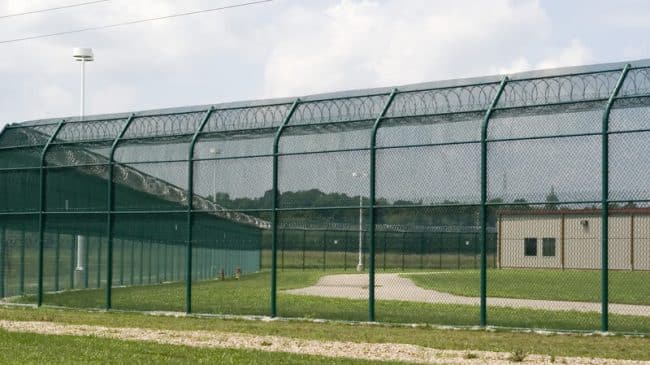Last week, Iowa Governor Terry Branstad signed several criminal justice reforms into law. House File 2064 loosened sentencing requirements for some nonviolent drug offenders, while increasing penalties for child endangerment crimes.
House File 2064 does the following:
- Allows the parole board to release nonviolent drug offenders who have served at least half of their sentence.
- Grants judges more discretion in deciding the minimum sentence that nonviolent drug offenders must serve before becoming eligible for parole. Prior to the passage of HF 2064, these offenders were required to serve 70 percent of their sentence before becoming parole eligible. Now judges can sentence them to serve between 50 and 70 percent of their sentence before becoming eligible for parole.
- Grants judges a similar leniency for offenders charged with second-degree robbery. Prior to HF 2064, offenders charged with second-degree robbery were required to serve 7 of their 10-year sentence before becoming parole eligible; now, judges can decrease time served from 7 years to 5.
- Creates a new third-degree robbery charge, which is an aggravated misdemeanor that does not carry a mandatory minimum sentence.
- Requires offenders charged with child endangerment to serve at least 30 percent, or 15 years, of their sentence before becoming eligible for parole.
While these provisions do grant judges more discretion, Iowa’s sentencing requirements remain notoriously ridged. Offenders charged with possessing 5 grams of meth or 10 grams of crack with intent to deliver (which can be assumed by weight alone) are required to serve a little over 8 years at a minimum before becoming eligible for parole, for example.
Laws like these have contributed to overcrowding in Iowa’s prisons, which are currently operating at 112% capacity. What’s more, over half (53%) of Iowa’s inmates are serving sentences for nonviolent crimes. Not only does Iowa incarcerate high numbers of nonviolent offenders, they do so at an alarming cost of $34,167 per inmate—a hefty price tag considering their 30% recidivism rate.
According to a Legislative Services Agency, by releasing more inmates on parole, HF 2064 is projected to save the state nearly $1 million in the first two years—money that will hopefully transcend into better criminal justice resources, such as diversion and probation programs. Iowa is hardly the first state to enact criminal justice reforms this year.
While Iowa should be commended for taking its first step toward meaningful reform, more can be done to amend the sentences themselves, so individuals are no longer sentenced to years in prison for nonviolent offenses. Research indicates that there is minimal or no deterrent effect associated with the threat of longer sentences, and it is time that states laws reflect that.
